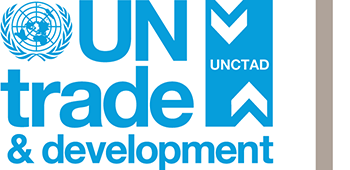The Trade and Development Report 2019 suggests that meeting the financing demands of the Agenda 2030 requires rebuilding multilateralism around the idea of a Global Green New Deal, and pursuing a financial future very different from the recent past. The place to begin building such a future is with a serious discussion of public financing options, as part of a wider process of repairing the social contract on which inclusive and sustainable outcomes can emerge and from which private finance can be engaged on more socially productive terms.


